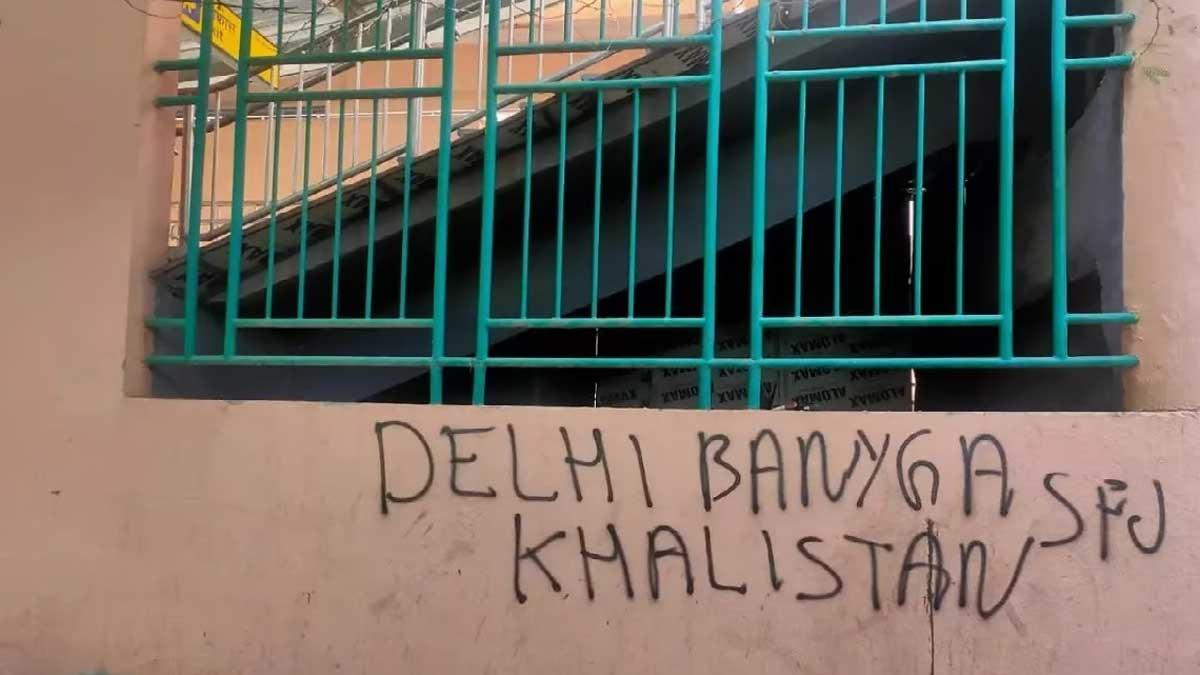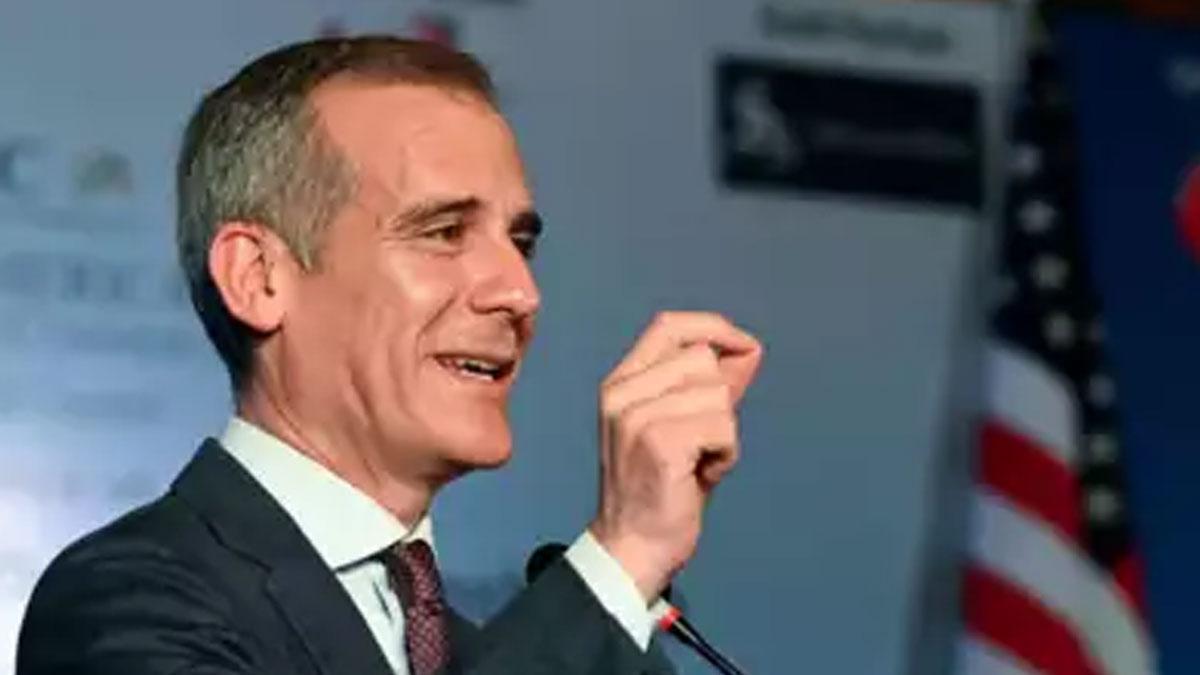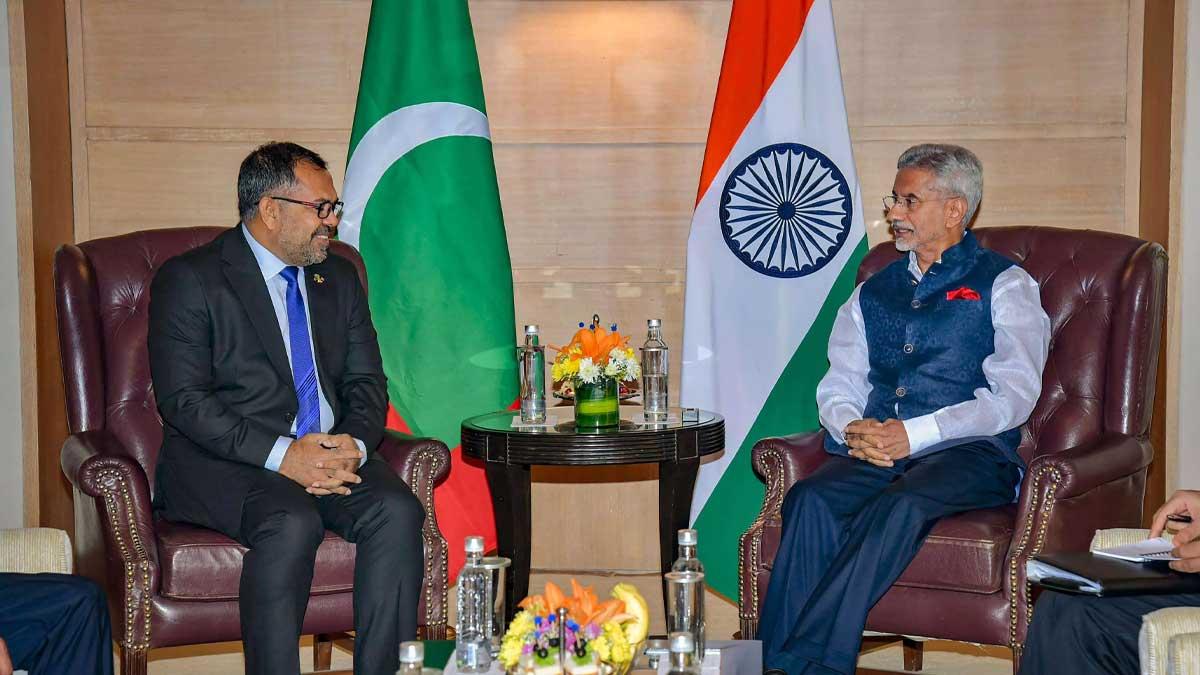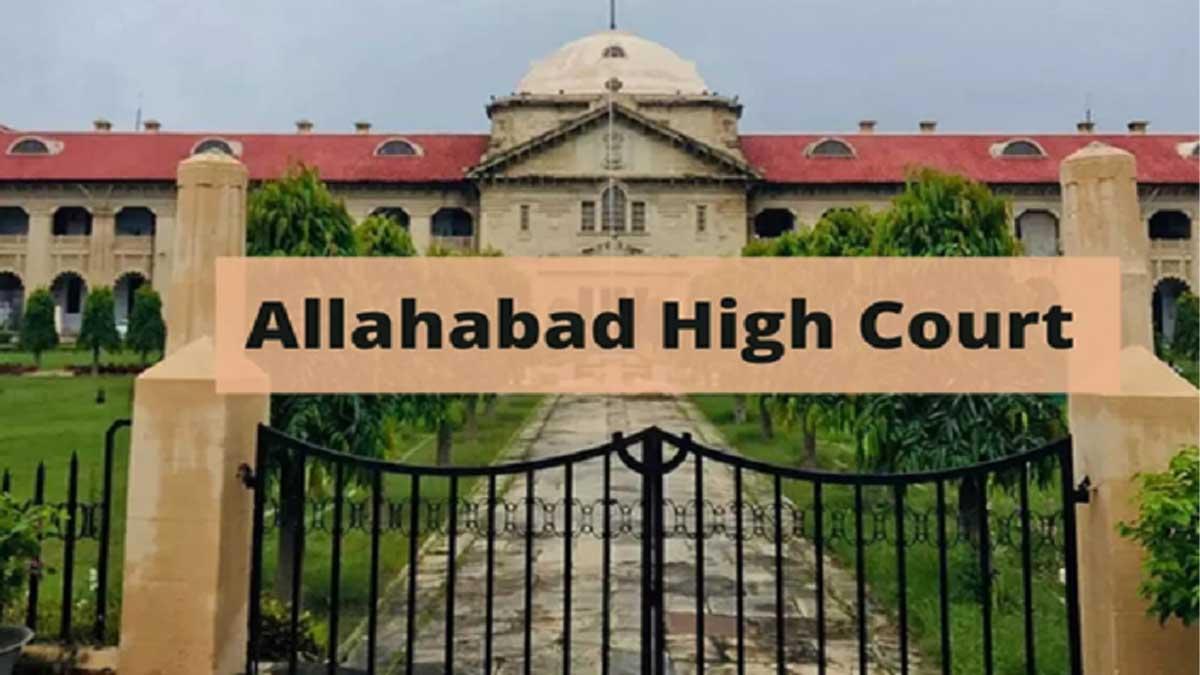The government on Wednesday termed WhatsApp’s decision to challenge the new IT rules as “an act of defiance”, stating that the “right to privacy is not absolute” and that it comes with “reasonable restrictions”.
The central government had earlier notified social media platforms about new laws that would curtail some of the benefits enjoyed by these big social media players. One of the new IT rules on traceability was then contested in the Delhi High Court by WhatsApp who refused to comply with it.
The government then accused the Facebook-owned company of engaging in an “unfortunate attempt” to prevent the implementation of the new IT laws.
Also Read | Twitter asks IT Ministry for 3-month extension on new rules
“Any operations being run in India are subject to the law of the land. WhatsApp’s refusal to comply with the guidelines is a clear act of defiance of a measure whose intent can certainly not be doubted,” the government said.
Another mandate in the new set of IT rules requires companies to give out the original source of an unlawful/inflammatory viral message within 72 hours. Failing to do so would result in a lawsuit against the company. Earlier, these social media companies were immune from any such lawsuits.
The new IT laws have raised concerns over the rights to privacy of every citizen and the impact that can have on social media consumers. Under these laws, WhatsApp would have to do away with the end-to-end encryption of user chats.
However, Union Minister Ravi Shankar Prasad gave an explanation, saying the government “is committed to ensuring the right of privacy to all its citizens, but at the same time it is also the responsibility of the government to maintain law and order and ensure national security.”
He further said that “as per all established judicial dictum, no fundamental right, including the Right to Privacy, is absolute and it is subject to reasonable restrictions. The requirements in the intermediary guidelines pertaining to the first originator of information are an example of such a reasonable restriction.”
To trace the originator of a message is said to be compulsory for every social media platform, irrespective of its method of operation. It could be done through breaking encryption or any other technical measure.
In a case of violent misconduct like mob lynching, riots etc. many messages are circulated around in social media platforms. The origin of such preparators is detrimental to manage the law and order of the country, the government said.
The government also claimed that India is not the only country to enforce such laws, but rather this has been implemented internationally too. “The rules enacted by India… are not rules enacted in isolation but have global precedence… In July 2019, the governments of the UK, the US, Australia, New Zealand and Canada issued a communique, concluding that: ‘tech companies should include mechanisms in the design of their encrypted products and services whereby governments, acting with appropriate legal authority, can gain access to data in a readable and usable format’.”


















